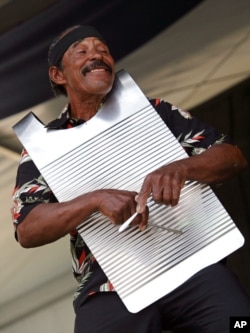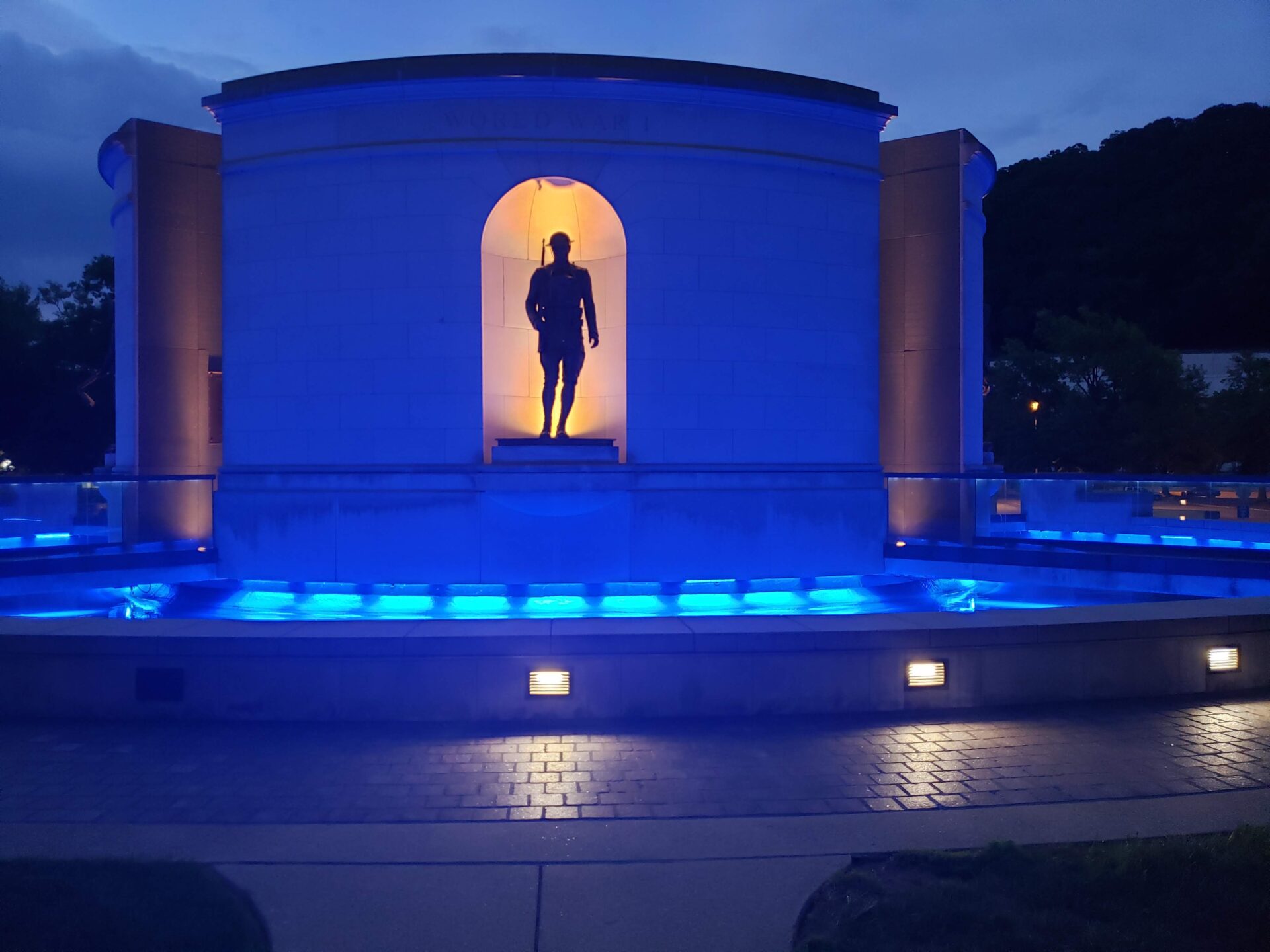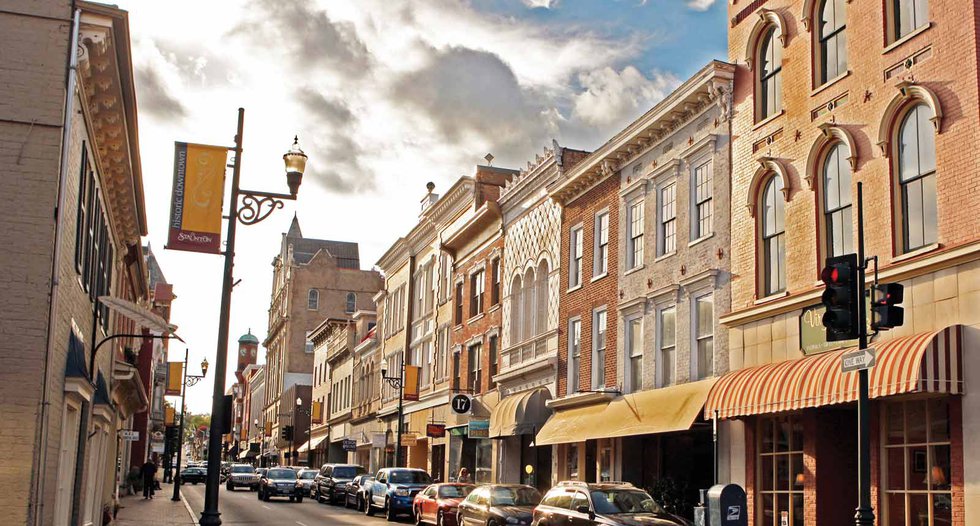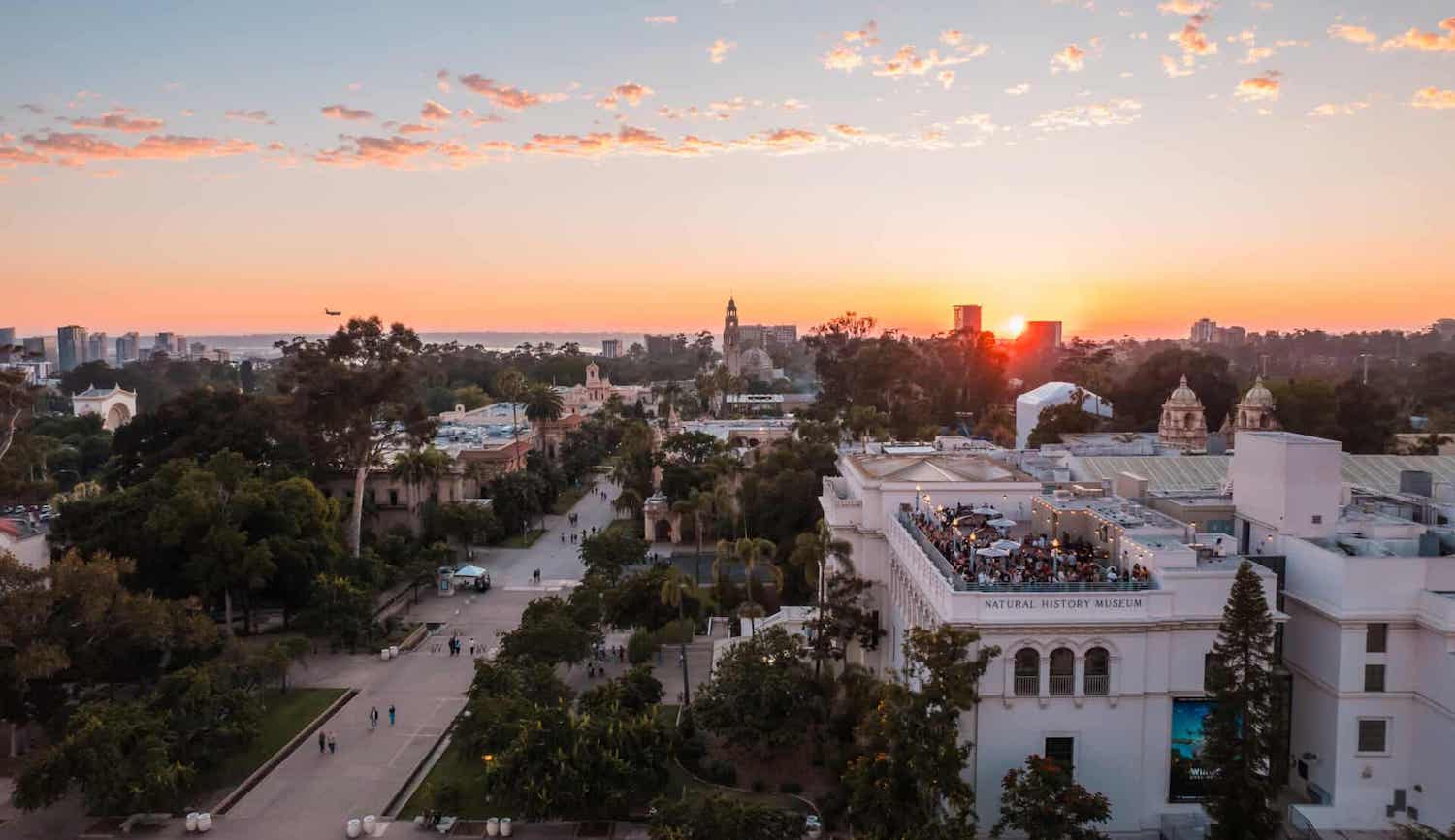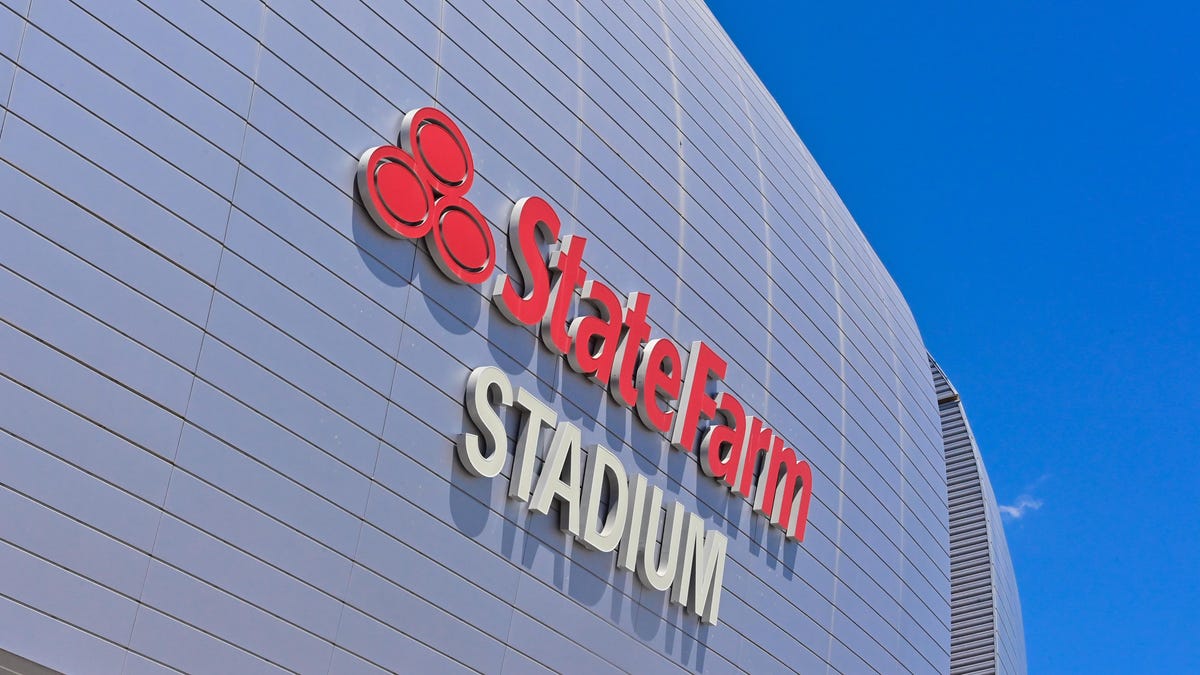Louisiana
Louisiana’s Creole Culture Extends Far and Wide
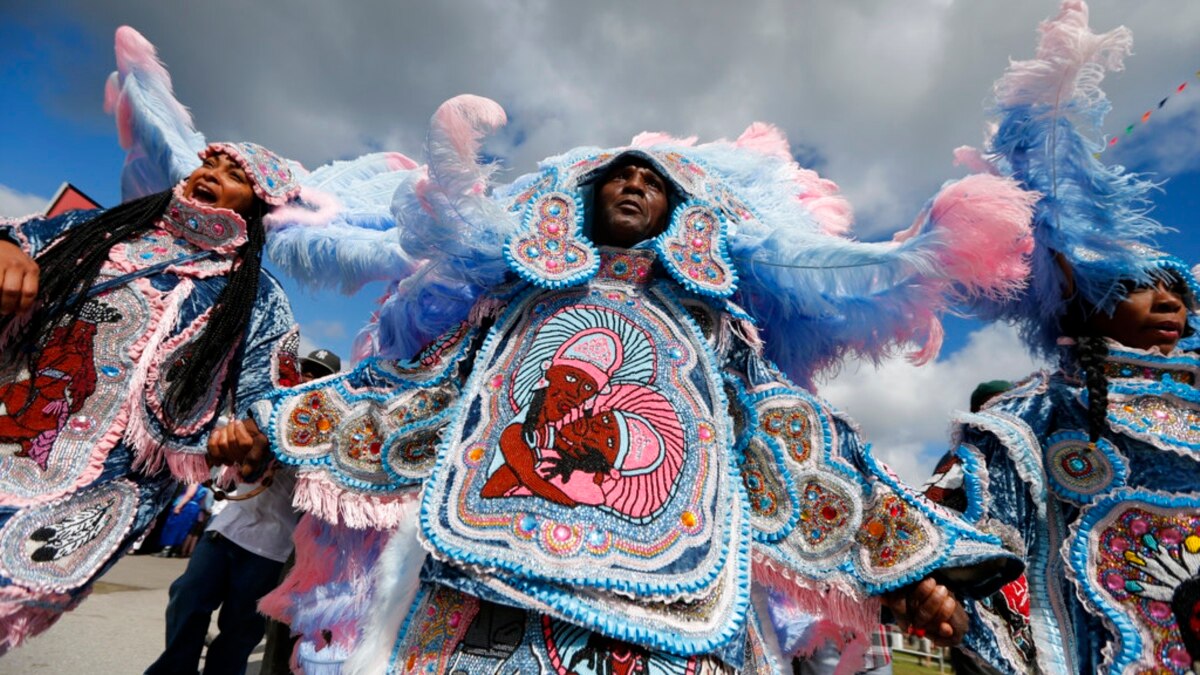
Language experts estimate as many as 10,000 people still speak the French-based language Louisiana Creole.
In addition, many others in New Orleans and across the southern U.S. state consider themselves part of the culture that draws tens of thousands of people to events. The celebrations include autumn’s Festival Acadiens et Creoles, summer’s Creole Tomato Festival, and spring’s Tremé Creole Gumbo & Congo Square Rhythms Festival.
But for locals and visitors alike, everyday evidence shows how strong Creole culture is in Louisiana. The state’s performance spaces and airwaves are often filled with the driving, rhythmic sound of zydeco and other Creole and Cajun music. Louisiana’s restaurants offer dishes with rich, complex flavors including gumbo, hot sausage, red beans and rice, and shrimp étouffée.
“To celebrate Creole culture is to wake up and live in New Orleans,” said Christina Bragg. She is a member of the Mahogany Blue Babydolls, a parade group for Black and mixed-race women.
“Celebrating Creole is celebrating our day-to-day lives. The food we eat. The music we dance to. The way we gather with friends to parade during Mardi Gras,” she said. “Every day I open my eyes and breathe, it’s a celebration of Creole culture, because that’s who I am.”
Difficult to define
So, what is Creole?
“It’s food, it’s music, it’s architecture, it’s style and it’s traditions,” Mona Lisa Saloy told VOA. “There are millions of Creole people in countries across the world…we are all so much more alike than we are different. We create beautiful cultures everywhere we go, and I think that’s evident here in Louisiana.”
Saloy is the writer of the poetry collection Black Creole Chronicles and served as Louisiana’s poet laureate from 2021 to 2023. She said Creole cultures all over the world have similarities to Louisiana’s.
“Architectural styles common in New Orleans like the Creole Cottage or the Shotgun home can be found in other places with Creoles, such as in other parts of the American South and the Caribbean,” she said. “Much of our music derives from the rhythms of Africa and the Caribbean, as does much of our food — elements of gumbo such as the long rice and okra, for example, or the prevalence of beans.”
How the word “Creole” is defined changes from place to place and person to person.
The word “Creole” is believed to have come from the Portuguese word crioulo, which developed from the Latin word for “to create.” Some say it was used in the European slave trade to describe a slave born in the New World and not in Africa. The word took on different meanings in different places. Creole in much of Africa and part of the Caribbean, for example, came to mean people of mixed ethnic or racial backgrounds.
In Louisiana, the definition has changed over the years.
“Here, the definition kind of depends on who you ask,” said Vance Vaucresson. He is a New Orleans-based Creole and owner of a local restaurant, the Vaucresson Sausage Company.
“I prefer an inclusive definition,” he said. “By that definition, anyone born in Louisiana could be Creole. During our colonial era, it was meant to differentiate people born in the Americas — usually of French, Spanish or African descent — from those born in Europe or Africa.”
Describing his definition, Vaucresson added: “…it doesn’t matter. If you’re born here and embrace the culture, you can be Creole.”
In Louisiana of the 1700s and 1800s, the more inclusive definition was possibly the most accepted. White people with European ancestry were just as likely to call themselves Creole as mixed-race people of African ancestry.
White Creoles claimed the term because it set them apart from settlers who were coming from Northern states after The Louisiana Purchase from France in 1803. Mixed-race Creoles, too, claimed the term because it differentiated them from enslaved people.
Don Vappie is a Creole jazz musician in New Orleans. He described the idea of Creole before the Civil war as organized into three levels. “It was more of a three-tier racial hierarchy here, instead of the two-tiered Black-or-white experienced elsewhere in the U.S,” he said.
After the American Civil War, however, many of these differences in New Orleans disappeared.
“Creole or not, white people had more in common with white people and Black people had more in common with Black people,” Vappie told VOA.
Saloy believes Creole is firmly connected to African culture and should stay that way.
“The ingredients in our food, the rhythm in our music and dance, the details in our architecture — it’s all connected to West African culture,” she said, “That’s our heritage.”
I’m Caty Weaver. And I’m Faith Pirlo.
Matt Haines reported this story for VOANews. Caty Weaver adapted it for Learning English.
_______________________________________________
Words in This Story
rhythmic –adj. having a regular sound or movement
dish –n. a kind of food that is prepared in a particular way
Mardi Gras (Fat Tuesday) –n. the Tuesday before the Catholic Lent religious observance
style –n. a particular way of designing something, doing some activity, or behaving
architectural –adj. related to the design of buildings
derive –v. to come from
prevalence –n. something that is widespread or usual
era –n. a period of time
tier –n. a level, especially one in an organization or a group
hierarchy –n. a system in which things are ordered by importance or status
ingredient –n. a material that is used to make something, especially food

Louisiana
Louisiana remembers Billy DiMaio

NEW ORLEANS (WGNO) — On Friday, Jan. 10, Louisiana is remembering Billy DiMaio, a victim of the Jan. 1 Bourbon Street attack.
Louisiana Gov. Jeff Landry declared a period of mourning, ordering that all flags over state buildings be flown at half-staff.
On Friday, the state is remembering DiMaio, who was from New Jersey and a New York-based account executive for a radio station company.
At a Sunday news conference, Landry said he is remembered as a star student and a lacrosse player who had “an unwavering work ethic and positive attitude and kindness.”
Louisiana State Superintendent Cade Brumley also asked school systems to consider a moment of silence at 9 a.m. during the period of mourning.
The New Orleans Police Department and the Archdiocese of New Orleans will ring the bells of St. Louis Cathedral every day through Jan. 23, between 12:30 p.m. and 1 p.m. to honor and remember the lives lost and those affected by the terror attack.
Stay up to date with the latest news, weather and sports by downloading the WGNO app on the Apple or Google Play stores and by subscribing to the WGNO newsletter.
Latest Posts
Louisiana
Lower fees coming to homeowner insurance in Louisiana but premiums still high • Louisiana Illuminator

Homeowners in Louisiana will see a small discount on the fees they pay on top of their property insurance premiums this year.
The Louisiana Citizens Property Insurance Corp. Board of Directors voted Thursday to bring an early end to a 1.36% assessment added to all residential and commercial property insurance policies in the state. Louisiana Citizens is the state-run insurer of last resort for homeowners in environmentally risky areas who cannot find coverage on the private market.
The assessment, which goes toward paying off bonds for debt that Louisiana Citizens incurred from paying claims from hurricanes Katrina and Rita, was originally set to expire in June 2026 but will now end this April.
Gov. Landry signs Temple-backed insurance package
Additionally, those insured through Louisiana Citizens will no longer have to pay a 10% surcharge when they begin a new policy or renew their existing policy this year. The waiver, part of newly enacted legislation, took effect on Jan. 1 and will last for the next three years.
Both changes are part of Insurance Commissioner Tim Temple’s efforts to tame skyrocketing insurance rates in Louisiana.
“When Commissioner Temple took office and became chair of the Citizens Board of Directors, he encouraged our staff to find innovative ways for Louisiana Citizens to operate more efficiently and find savings for policyholders,” Louisiana Citizens CEO Richard Newberry said in a press release. “Our team identified this opportunity and brought it to the board for approval at today’s meeting.”
Although most policyholders will see relatively small savings from the changes, Temple said every little bit helps.
YOU MAKE OUR WORK POSSIBLE.
Louisiana
Centenary College of Louisiana kicked off its year-long bicentennial celebration Wednesday

On a bright and chilly winter day, Centenary College of Louisiana kicked off its bicentennial year with a birthday celebration including a proclamation from the City of Shreveport and music by Centenary choir.
It was a grand start to the bicentennial year. Centenary College of Louisiana president, Dr. Christopher L. Holoman said, “we are really excited to be looking back at 200 years, an amazing history. We are so proud of that, but we are even prouder of what we are going to be in the future.”
Centenary College of Louisiana is a national liberal arts college in the heart of Shreveport. This college is deemed the oldest chartered liberal arts college west of the Mississippi River, founded in 1825.
Holoman said, “200 years is an amazing length of time…Centenary is older than time zones. Centenary is older than golden doodles.”
City of Shreveport mayor, Tom Arceneaux read the citywide proclamation and said, “I am thrilled to be here for more than one reason. One, I’m really glad that Centenary is 200 years old. And two I’m glad to be here 12 days after hip replacement surgery.”
Wednesday’s birthday party is just the start of year-long celebration of special events and gatherings. These events include:
- special exhibit at the College’s Meadows Museum of Art
- festive neighborhood party during the Krewe of Highland Mardi Gras parade
- alumni trip to Centenary’s original campus in Jackson, Louisiana
- campus art stroll showcasing the talents of the Centenary community
The bicentennial commemoration will conclude with a gala event, Spotlight Centenary, in December 2025.
To keep up with all the bicentennial year events visit centenary200.com.
Makenzie Boucher is a reporter with the Shreveport Times. Contact her at mboucher@gannett.com.
-

 Business1 week ago
Business1 week agoThese are the top 7 issues facing the struggling restaurant industry in 2025
-

 Culture1 week ago
Culture1 week agoThe 25 worst losses in college football history, including Baylor’s 2024 entry at Colorado
-

 Sports1 week ago
Sports1 week agoThe top out-of-contract players available as free transfers: Kimmich, De Bruyne, Van Dijk…
-

 Politics1 week ago
Politics1 week agoNew Orleans attacker had 'remote detonator' for explosives in French Quarter, Biden says
-

 Politics7 days ago
Politics7 days agoCarter's judicial picks reshaped the federal bench across the country
-

 Politics5 days ago
Politics5 days agoWho Are the Recipients of the Presidential Medal of Freedom?
-

 Health4 days ago
Health4 days agoOzempic ‘microdosing’ is the new weight-loss trend: Should you try it?
-

 World1 week ago
World1 week agoIvory Coast says French troops to leave country after decades
